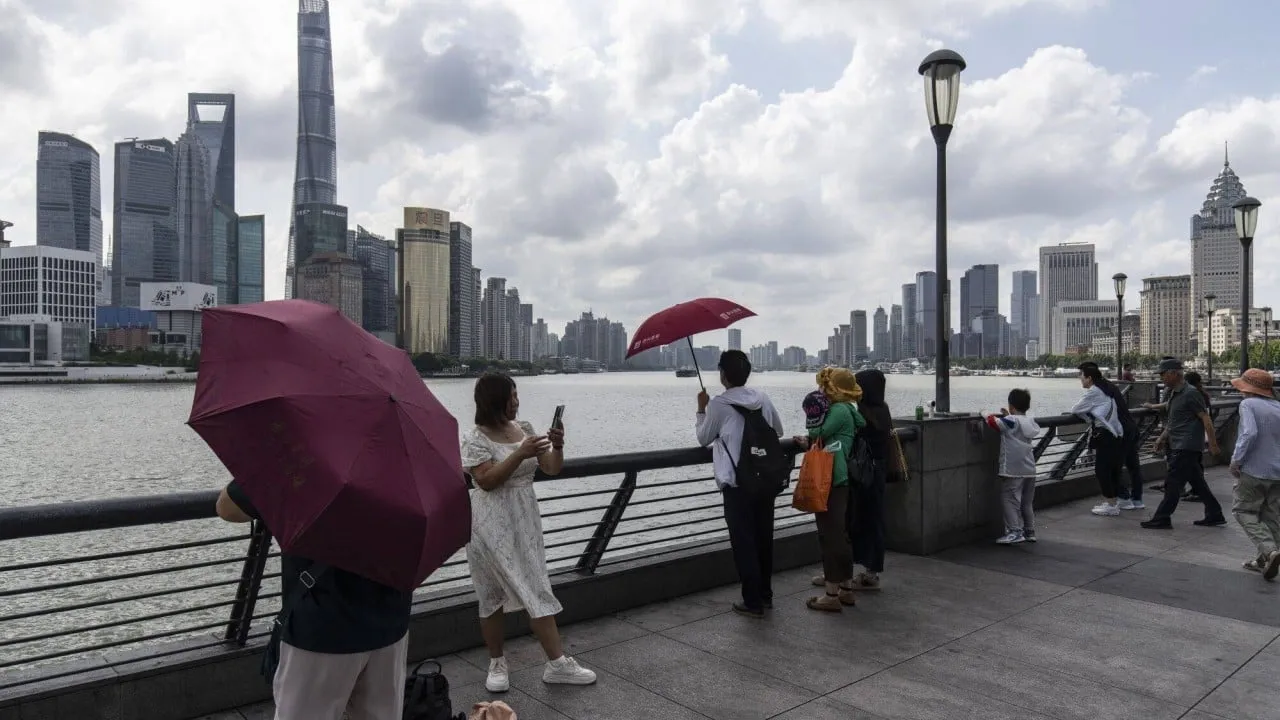Real Estate Sector Faces Challenges in China’s Zero-Covid Exit and Economic Recovery

Real Estate Sector and Economic Development Post-Zero-Covid
As China exits its zero-Covid strategy, the challenge remains to address economic risks from stagnant aggregate demand and supply shocks. This transition necessitates a shift in macroeconomic policy, prioritizing structural transformation within the real estate sector.
Macroeconomic Policy Adjustments
- The Chinese government's recent policies aim to boost domestic demand without inflating existing asset bubbles.
- Policymakers are introducing support measures to stabilize the housing market and prevent systemic crises.
- Adjustments also target the flow of resources toward emerging technologies, encouraging a more productive economy.
Long-Term Economic Strategies
As observed in the past decade, significant structural changes have occurred in the Chinese economy. Under the leadership of the Chinese government, there’s a discernible shift away from massive stimulus policies that could create asset bubbles. Instead, they are fostering a stable monetary environment to promote real economic growth.
Conclusion: A New Era of Growth
The real estate sector downturn highlights the urgent need for a resilient housing market mechanism, enabling China to adapt effectively to evolving economic conditions. As Yi Gang pointed out, adopting a cautious interest-rate policy is vital to encourage sustainable growth.
This article was prepared using information from open sources in accordance with the principles of Ethical Policy. The editorial team is not responsible for absolute accuracy, as it relies on data from the sources referenced.